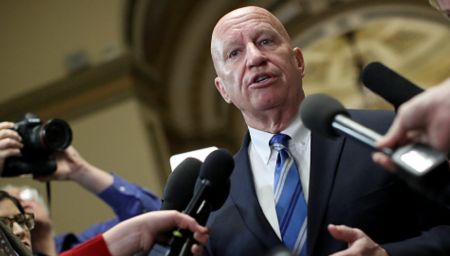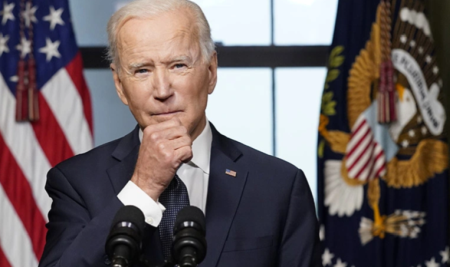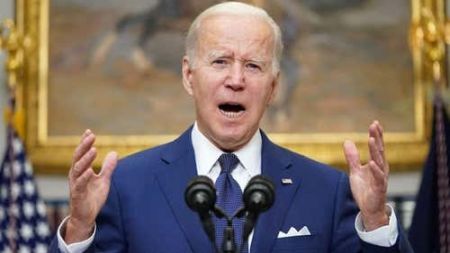“Main Street businesses continue to struggle with higher prices – and there's no end in sight."
WASHINGTON, D.C. (Texas Insider Report) — In yet another sign that inflation is continuing to spread throughout the economy, the Bureau of Labor Statistics earlier today reported that wholesale prices rose a more than expected 0.4% in September, exceeding the 0.3% increase seen in August. On an annual basis, that means the costs charged to businesses (not consumers) saw an inflation increase of 8.5%,
"Businesses will either cut jobs, or pass their increasing costs on to consumers – who are already struggling to pay their bills in this cruel economy," said Texas Congressman Kevin Brady (right,) one of the Republican Party's leading tax policy experts who serves as the party's senior member on the House Ways & Means Committee.
 “Main Street businesses continue to struggle with higher prices – and there's no end in sight."
“Main Street businesses continue to struggle with higher prices – and there's no end in sight."
 “Main Street businesses continue to struggle with higher prices – and there's no end in sight."
“Main Street businesses continue to struggle with higher prices – and there's no end in sight."Much of September's increase came from rising costs for services, ranging from health care to travel, with "accommodations" in particular increasing 6.4% during the month.
- 60% of the overall Producer Price Index increase is due to an escalation in the “Final Demand Goods” index for foods – including a 15.7% in the prices of fresh and dry vegetables
- Prices incurred by businesses also moved higher for:
- Chicken Eggs
- Diesel Fuel
- Home Heating Oil, and
- Pork
- Residential Natural Gas
Already, rising rates have brought a halt to the formerly sizzling housing market in many parts of the county – and have also slowed the growth in future hiring expectations among companies of all sizes across the nation.
Despite months of economic troubles and escalating inflationary evidence to the contrary, President Joe Biden told CNN Tuesday evening:
“I don’t think there will be a recession. If it is, it will be a very slight recession. That is, we’ll move down slightly.
 "Look, it’s possible – I don’t anticipate it," Biden said.
"Look, it’s possible – I don’t anticipate it," Biden said.
Both the stock and the bond markets – generally viewed as predicters of future economic performance – are signaling a downturn, with the S&P 500 down about 25% year to date.
 "Look, it’s possible – I don’t anticipate it," Biden said.
"Look, it’s possible – I don’t anticipate it," Biden said.Both the stock and the bond markets – generally viewed as predicters of future economic performance – are signaling a downturn, with the S&P 500 down about 25% year to date.
“In a world of instability and surprises, it’s hard to know exactly how much higher interest rates will have to be, causing what Federal Reserve Chairman Powell has warned will include pain along the way,” Bankrate senior economic analyst Mark Hamrick wrote on Tuesday.
“It’s already led to a bear market in stocks, and a deep freeze for the housing market,” he added, noting that Bankrate’s latest economic survey predicts employers will add just 97,000 jobs each month over the next year, an 80% slowdown from the prior 12-month average of 487,000.
The Federal Reserve’s Monetary Policy Committee meets next in November, when analysts expect that another .75% hike in interest rates will occur.
“In our view, inflation will remain elevated for longer than the Federal Reserve expects, and interest rates will remain higher than investors expect,” said Ryan Belanger, founder and managing principal of Claro Advisors.
























